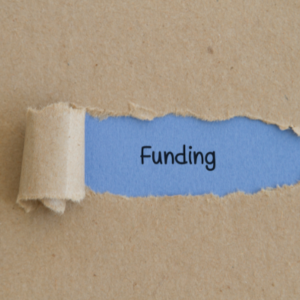The Inclusive Climate Finance Dialogue for a Resilient Asia-Pacific, organized by the UNDP Climate Finance Network and UN Capital Development Fund with support from the UK FCDO and Sweden Sida, concluded last week after three days of discussions. The event brought together governments, financial institutions, private sector representatives and development partners to explore ways of mobilizing finance, scaling systemic reforms, and building resilience for people and communities across the region.
Participants emphasized that long-term climate resilience requires systemic reforms rather than one-off projects. Ministries of finance and planning from countries including Fiji, Indonesia, Nepal, the Philippines, and Tonga underlined the importance of embedding climate priorities into public finance systems through tools such as budget frameworks, debt instruments, and Public Finance Management. This approach would move the region beyond pilot projects to permanent and scalable mechanisms.
The Dialogue also highlighted the role of fiscal and policy tools in attracting investment. Delegates discussed how blended finance, capital-market instruments and fiscal policies could reduce risks and mobilize private capital. Institutions such as the Asian Development Bank, International Monetary Fund, commercial banks, and private investors shared strategies to build pipelines of bankable projects that channel funds into adaptation and resilience.
Partnerships emerged as another crucial factor in closing the climate finance gap. Cross-sector stakeholders, including UN agencies, donors, IFIs, philanthropy, the private sector, and civil society, explored ways to align incentives, share risks and co-design investable projects. While no funds were disbursed directly, the Dialogue laid important foundations for bilateral and joint initiatives that can now mobilize new resources.
Inclusion and local leadership were identified as priorities for ensuring effective outcomes. Sessions emphasized that channeling finance to women, subnational governments and marginalized groups delivers stronger ownership, execution, and bankability of projects. Scaling up locally led instruments and strengthening subnational capacity were seen as key steps toward more equitable and effective climate finance.
Reliable climate data, digital public infrastructure and robust impact measurement tools were recognized as critical enablers of effective financing. These elements, supported by UNDP and research partners such as Brookings and the OECD, are essential to boost investor confidence and ensure that resources reach communities in ways that deliver measurable resilience outcomes.
The Dialogue also saw the launch of new initiatives. The Climate Venture Scaler will support 20 climate ventures with tailored advisory and investment matchmaking, initially focusing on Cambodia, Laos, and Malaysia. The Gender & Climate Finance Collective will integrate gender considerations into financing instruments to ensure resources reach women and underserved groups. UNDP also shared findings from the Effectiveness of Climate-sensitive Public Financial Management review, identifying barriers and priority reforms needed to strengthen financial systems.
Bringing together over 150 participants from more than 20 countries, the Dialogue created opportunities for peer learning, knowledge-sharing, and concrete commitments for future collaboration. By connecting governments, development partners, investors, and civil society, the gathering laid the groundwork for mobilizing new resources, strengthening partnerships, and translating finance into tangible climate action across Asia-Pacific.







